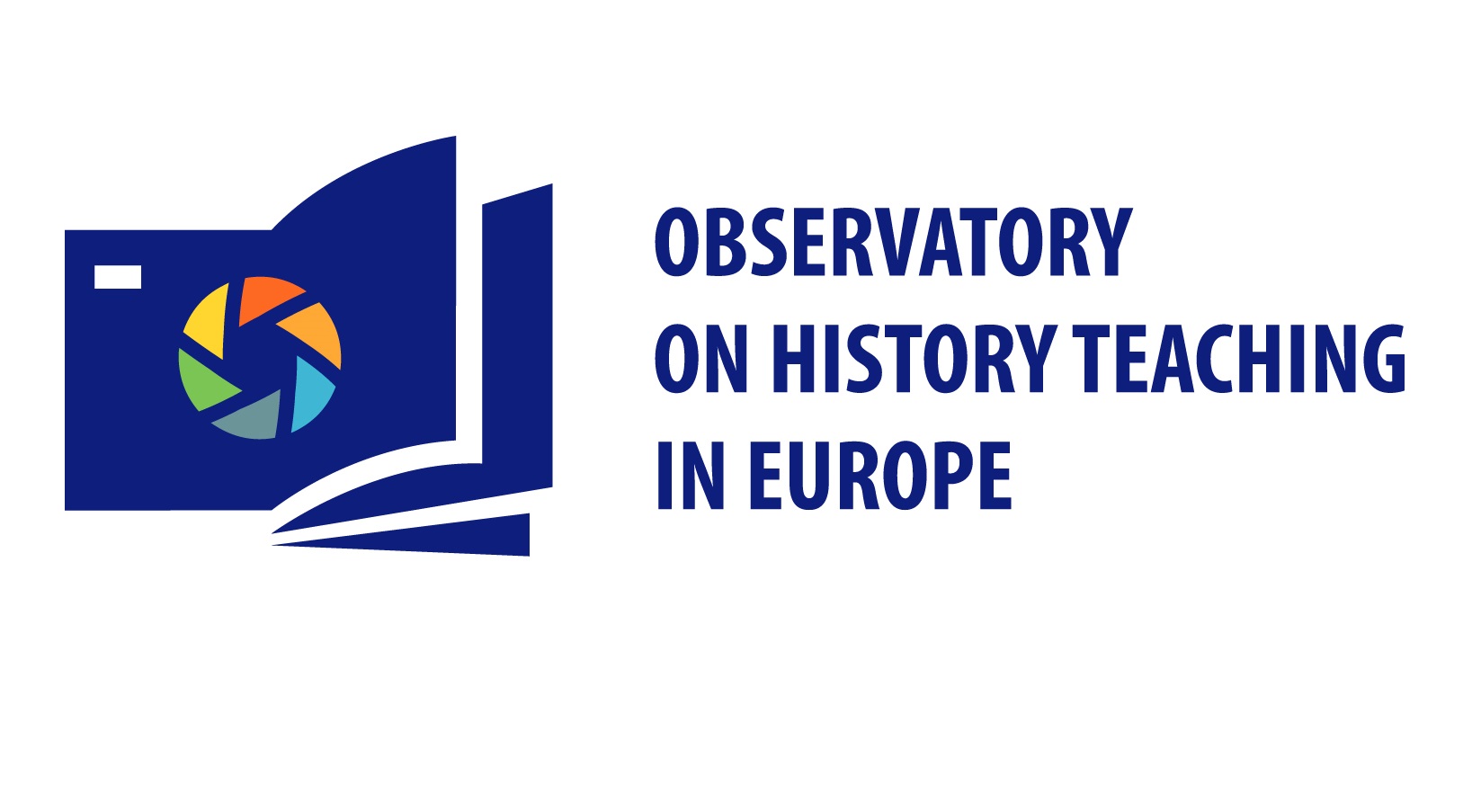Economic crises can have a variety of origins and causes as well as transformative effects on societies.

Research into Economic Crises in History Teaching could include a review of curriculum documents and textbooks to identify the coverage of national, transnational, and global economic crises. This would include an investigation into which crises are incorporated in history programmes and the depth and manner of their treatment. An investigation into teaching methodology could explore the strategies used by teachers to develop student understanding of the causes and consequences of these crises and might also investigate teacher confidence in dealing with economic phenomena. The study could also focus on approaches which give insight into how economic history can be tackled in the classroom in interesting and innovative ways, whereby the links between political, social and cultural life become clear and seamless.
The OHTE Thematic Report on "Economic crises in history teaching" will be published in 2024.



